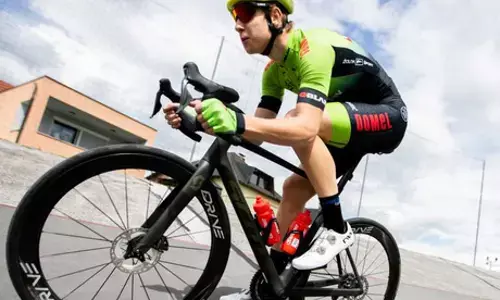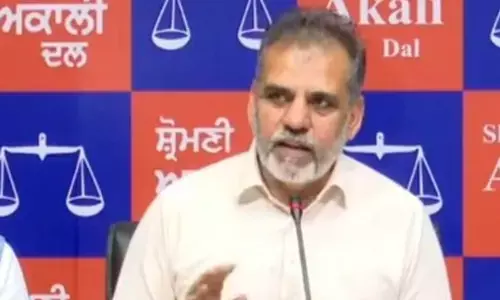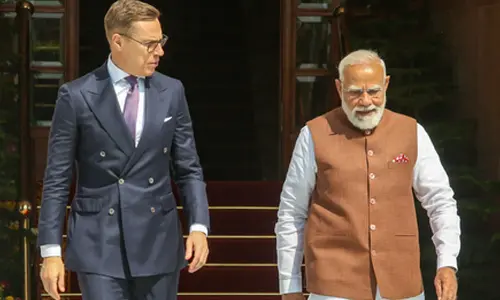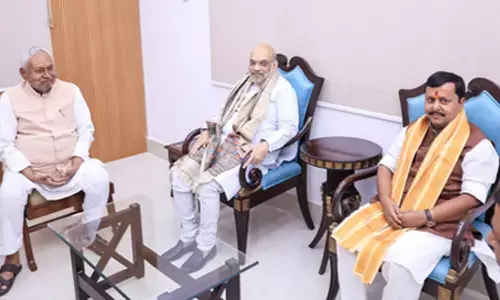MTB Himalaya is no mean feat to accomplish
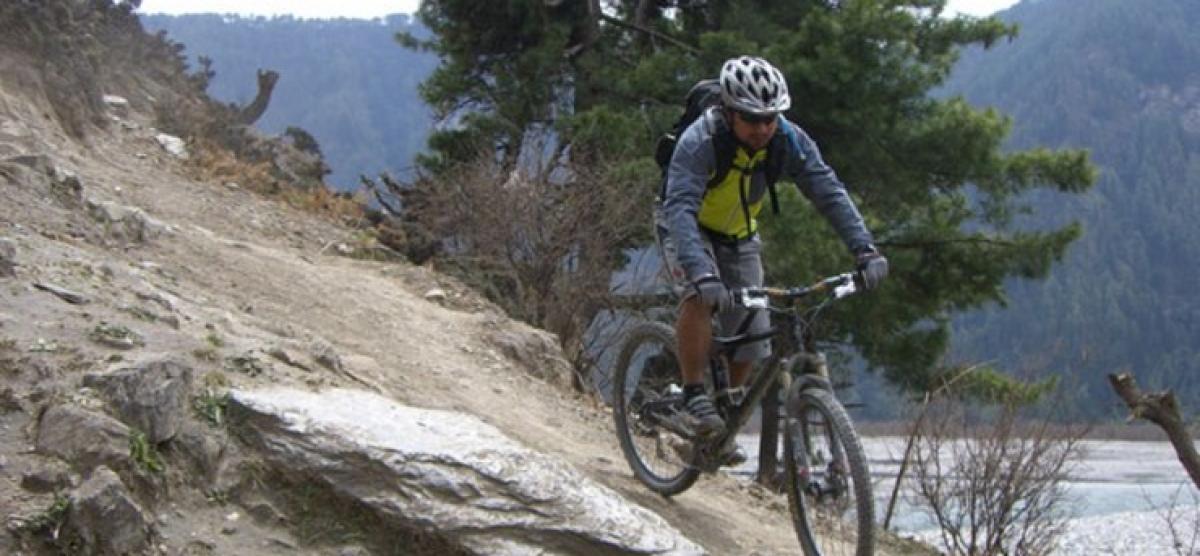
Touted as Asia\'s premier and one of the world\'s toughest mountain bike races, the MTB Himalaya has still much to learn in terms of organisational and management abilities of hosting an eight-day, seven-stage race.
Touted as Asia's premier and one of the world's toughest mountain bike races, the MTB Himalaya has still much to learn in terms of organisational and management abilities of hosting an eight-day, seven-stage race.

Several cyclists refused to believe that the annual cross-country endurance race, this time held from September 27 to October 4, should have had administrative failures and management loopholes -- on the part of the organisers, Himalayan Adventure Sports and Tourism Promotion Association (HASTPA) -- considering it was the 11th edition.
"We have raced in Australia, Mongolia, Costa Rica and in many parts of Europe but the camp here is chaotic. The time schedules are not put up on time. We have to ask five people to know about the schedules. In the morning, the race does not begin on time and gets delayed, which means we lose time and have to be out in the sun for longer and might finish when it is dark!" Belgian couple Peter and Heidi Buttiens, who finished third in Team of Two class, told IANS.
The approximately 640-km long race started from Shimla with night halts at Gada-Kuffer, Khegsu, Kullu Sarahan, Bahu, Gada Kushaini and Chindi before returning to the state capital for the finish line. The bikers had to camp in the Himachal Pradesh countryside with temperatures at times dipping to freezing point.
"They also don't announce things like the time of breakfast among other things. You can expect these problems in the first or second years but not in the 11th edition," added Peter.
Shachi Somani, the only Indian woman rider in the race, also had a few complaints against HASTPA.
"I was told there would be toilets on the race route but there were none. It affects me mentally while riding. Also, there should be more volunteers at turns where the markings are difficult to see. On the first day, I missed a turn because the volunteer wasn't in the right place for which I went an extra 20 km, ruining my first stage," Mumbai's Shachi told IANS.
German Andi Seewald, who was the runner-up of the event, said many times his luggage arrived late at camp sites. "It doesn't feel nice when you reach the camp after a long and hard race and you don't have your luggage as it is cold and you want to change into something warm," Seewald told IANS.
Australian Peter Butt, who finished an Overall fourth, grumbled about the length of the route every day, which was approximately 100 km daily with extremely tough climbs and bumpy tracks.
"The ride is tough to the point that it is no more fun. There is just a lot of unnecessary climbing which is silly. What else is disturbing is the trash people throw wherever they go as if people don't respect their land. I am sure they do but it doesn't look like it," Butt, who hails from Perth, told IANS, adding that he may not return next year.
Peter Buttiens echoed the same. "The routes are heavy and lengthy. It kills you mentally. In three days, only 50 participants remained out of 88 entries! The organisers should lessen the length."
The entire race had more than 15,000 metres of climb with the highest point of the race being the Jalori Pass at 3,250 metres above sea level.
Bengaluru's Balbir Bora said that the amateurs were being completely ignored.
"I had applied for a double tent but got one which has much less space. In the online registration form, it said the distances would be 30 percent shorter for amateurs like me, but it wasn't to be. They had not planned it," the 43-year-old told this correspondent.
"They need more planning when it comes to logistics. The amateurs are completely ignored. There is no communication, no presentation for us. It is discouraging for the Indian clientele."
Bangladesh's Abdullah Salman Siddiqui and Portugal's Paulo Moura were unhappy with the feeding and refill points on race routes not coming on time.
"There should be better coordination for the riders. The race profile provided to us was inaccurate. The feeding points didn't come on time. I understand the organisers are putting in their best but it feels like this is the first time they are holding this event!," Moura rued.
The organisers received 88 entries from 15 countries this year, a number which is annually growing because of the appeal of the Himalayas, but HASTPA must work on the complaints of the riders to make the event a top class one.
Next Story





